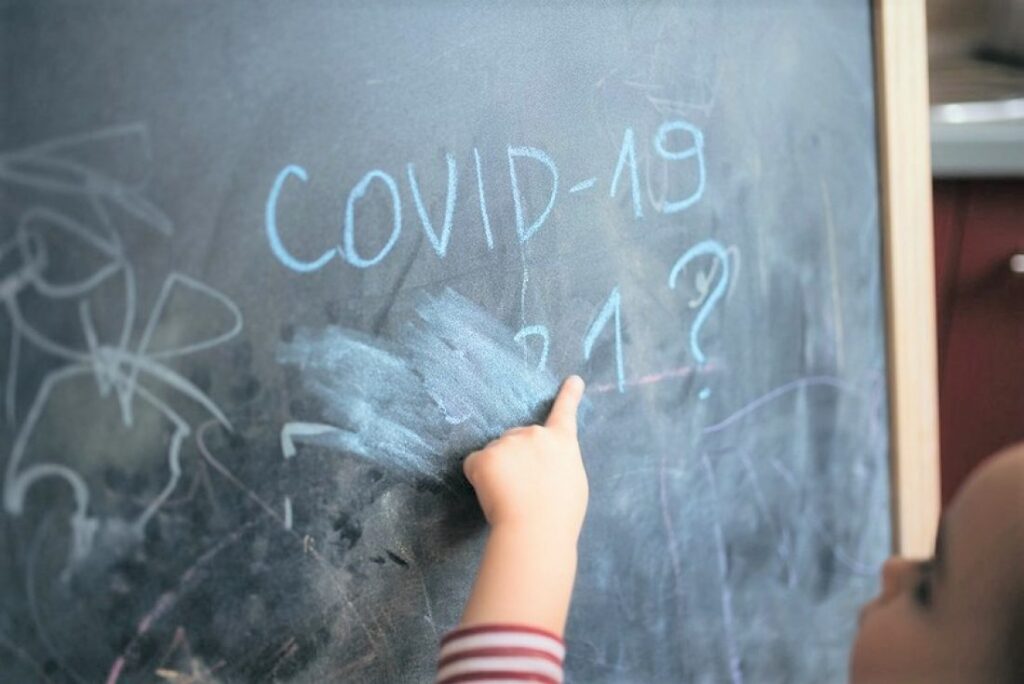- South African school reopening holds vital lessons for continent, cautionary and positive
- SA reopened classrooms in June with COVID-19 infection rates 4 times higher than any other country worldwide reopening on an upward trend towards a peak in virus infections
- Almost half (45%) of African countries reopening schools are doing so before their infections peak, in contrast to averages in Europe and other regions
- SA is among 10 countries globally to reopen schools then close them again, highlighting the need for a flexibile approach
South Africa’s experience of closing and reopening its schools in the face of the pandemic holds valuable lessons for governments across the continent, according to Insights for Education, a foundation specialising in analysing education data.
As the World Health Organization urges African governments to reopen schools, learning what has and hasn’t worked is becoming even more crucial, the foundation said.
While South Africa closed its schools in March, along with most of the world, it started reopening them in early June when its COVID-19 cases were rising fast. At this point there were 37.58 cases per million people, nearly four times more than any other country reopening during an upward trend towards its infections peak.
Further year groups of children returned in early July, ahead of South Africa’s infections peak on July 20. On July 23, the Government decided to close schools for most year groups as the country wrestled with the impacts of the virus. They are now opening again, this time more slowly over the course of this month, phasing in different year groups and extending the 2020 school year into 2021.
While global opinion remains divided on when it is safe to reopen schools, Insights for Education founder and CEO Randa Grob-Zakhary said it was essential for governments to study the available data and to draw on emerging insights when designing and implementing their reopening policies.
“While we can’t imply a causal link between school reopenings and COVID-19 cases, we can see from the experience of South Africa that sending multiple year-groups back with virus cases rising steeply makes it extremely difficult to meet the basic requirements of social distancing and hygiene, teacher availability, community engagement and measures to ensure the most vulnerable children are included,” she said.
“The strain placed on teachers and students trying to reopen schools when communities are in the midst of the pandemic peak with high levels of sickness and anxiety is not conducive to safe reopening or effective learning, especially in settings where classrooms were already overcrowded and teachers in short supply before the pandemic hit,” she added.
While she acknowledged the strong health, psycho-social and economic arguments for getting children back to school, and the intense pressures governments face to make the right decisions, she said it was essential to study the evidence from relevant examples and flexibly respond and adapt. In this regard, South Africa’s rapid re-evaluation and restaging of its reopening plan was a positive example of flexibility, she said.
Altogether, 30 African countries have now reopened schools. Many, like Senegal, have chosen to delay reopening and then taken a phased approach, sending certain year groups back this month. Eighteen countries have decided – like Kenya and Rwanda – to keep schools closed for now, with Kenya canceling the academic year altogether, pledging to open only in January and requiring learners to repeat. Burundi and Seychelles have kept at least some schools open throughout the pandemic.
“Across the continent, and around the world, starkly different choices are being taken around when and how to reopen schools. While there is no ‘one size fits all’ approach, the wide variation in approaches provides opportunities to assess paths taken and their consequences,” said Randa Grob-Zakhary.
“Countries are seeing they must piece together a flexible and mixed approach, including some distance learning, especially for remote areas. It is the path of the virus, and our commitment to learn as facts evolve, that will determine how African schools reopen over the coming months.”
To support governments, Insights for Education produces a Back to School Tracker, analysing the experiences of 191 countries worldwide on a daily basis. In contrast to their global counterparts, more African countries – 45 per cent of those that have reopened – are reopening before they reach the peak in new daily COVID-19 cases. Of countries that have re-opened, two-thirds (19) show infection trends continuing to rise.
In the face of upward COVID-19 trends across sub-Saharan Africa, exam years remain the priority driving limited reopening. Nineteen countries (63% of those reopening schools) are primarily doing so to accommodate students preparing and undertaking exams. These include Sierra Leone, Senegal, Nigeria and Mozambique.
Sierra Leone has been testing students in quarantine 72 hours before national exams. If they test positive, they take the exam in isolated rooms. This approach has been working smoothly, and a gradual reopening of all levels is planned in September and October.
Senegal initiated reopening schools on June 2 but had to quickly close due to COVID-19 cases among teachers from the South. Schools then reopened for exam years to ensure students could progress. Other year groups were served with distance learning with TV, community radio, and online courses. In rural areas, where this is not available, classes are being given to small groups.

